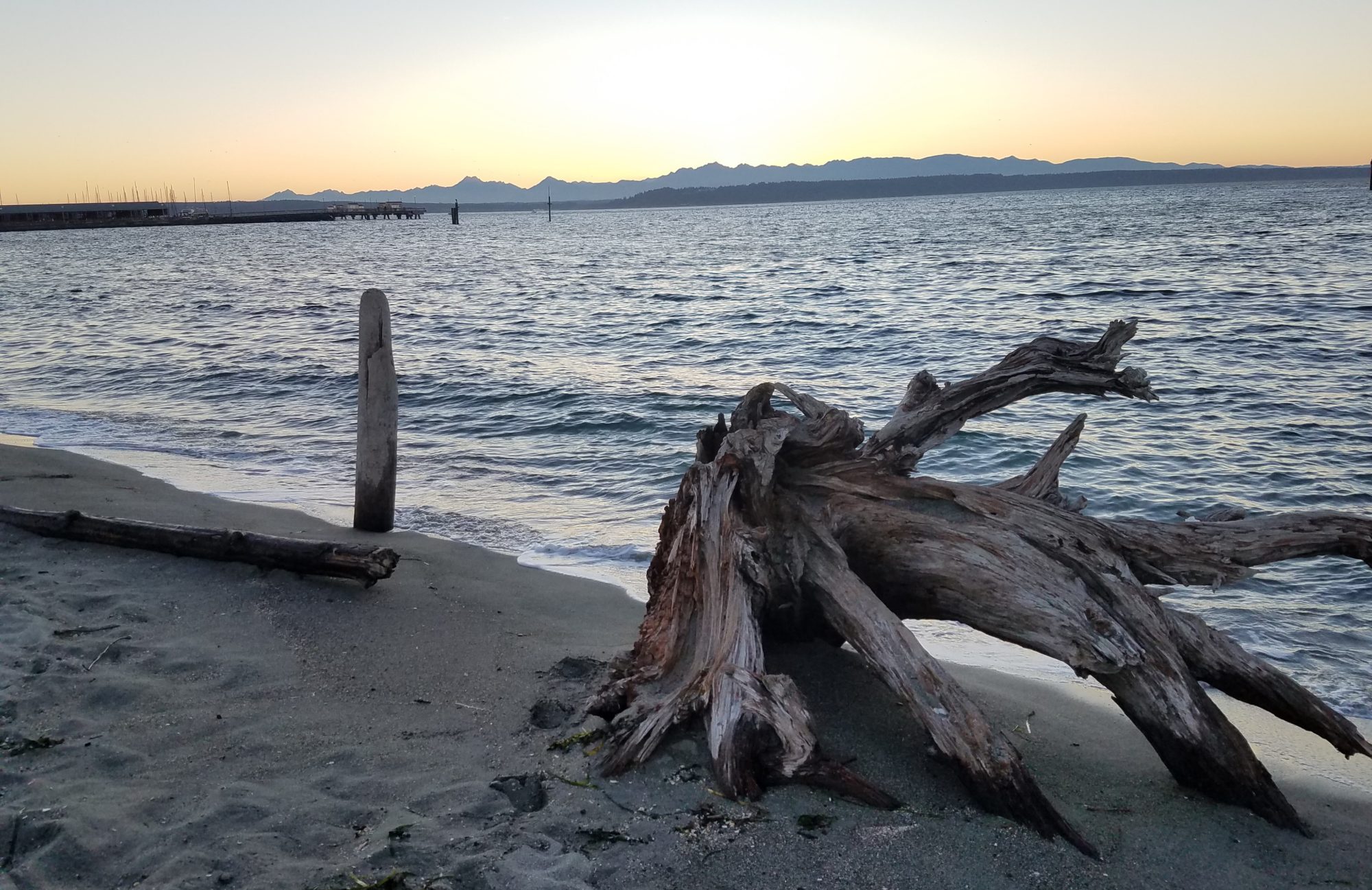The breath practice below began the Center for Action and Contemplation’s Conspire conference this year and seems a good way to begin this new year.
As Richard Rohr noted in his earlier blogs this week, “If we trust the universal pattern, the wisdom of all times and all places, including the creation and evolution of the cosmos itself, we know that an ending is also the place for a new beginning. Death promises a new kind of life.”
And,
“Jesus came to teach us the way of wisdom. He brought us a message that offers to liberate us from both the lies of the world and the lies lodged in ourselves.”
Please enjoy this breath practice:
***********
Breathe with Us
As the 2021 Daily Meditations draw to a close and we enter the new year, we invite you to pray with the CAC staff and community with the words used to open our seventh and final CONSPIRE conference this past September:
In a world of fault lines and fractures,
we stand in a place where opposites come together,
awaiting the birth of what is to come.
If you are doubting, welcome.
If you are healing, welcome.
If you are angry at injustice, welcome.
We await a new genesis,
one more beginning in a series of starts,
trailing backwards in time to the very first day.
If you are afraid, welcome.
If you are joyful, welcome.
If you are longing to belong, welcome.
God’s generous rhythm of life, death, resurrection,
moving in and through all things,
the very breath and source of the cosmos itself.
Our pathways converge and continue,
each one of us a catalyst for loving action.
We, a community of saints.
Conspire.
Breathe with us.
Experience a version of this practice through video and sound.
“Me, Us, the World: Living Inside God’s Great Story,” CONSPIRE 2021 (Center for Action and Contemplation: 2021), video.

